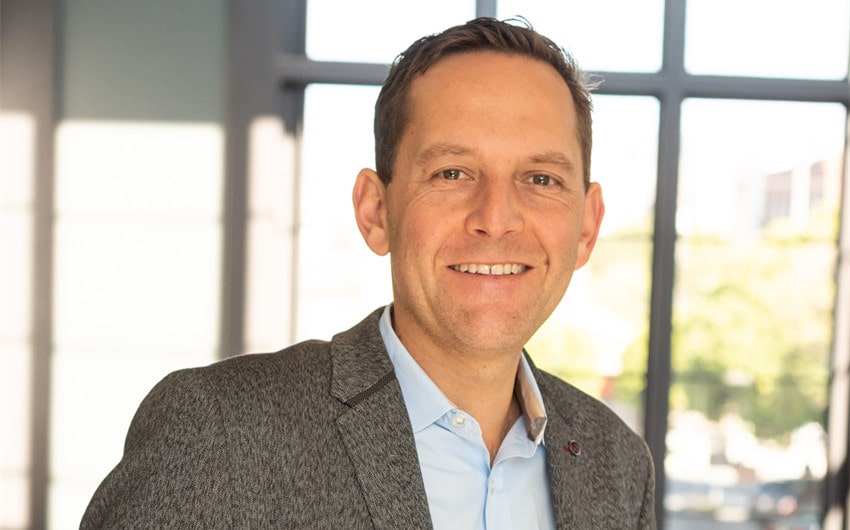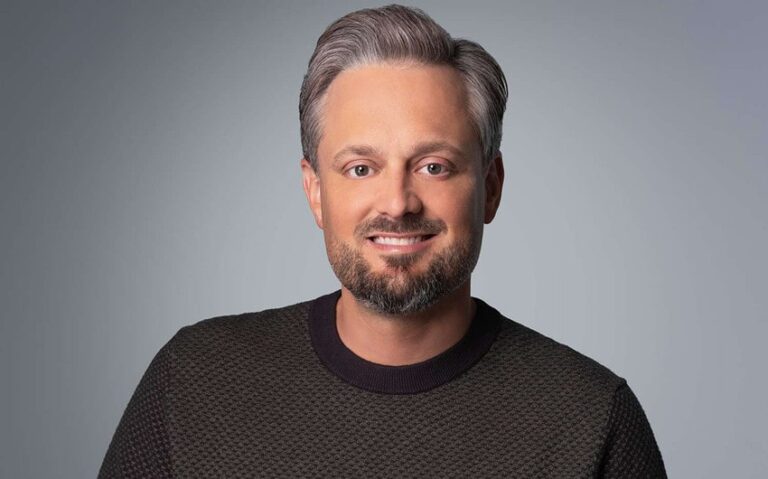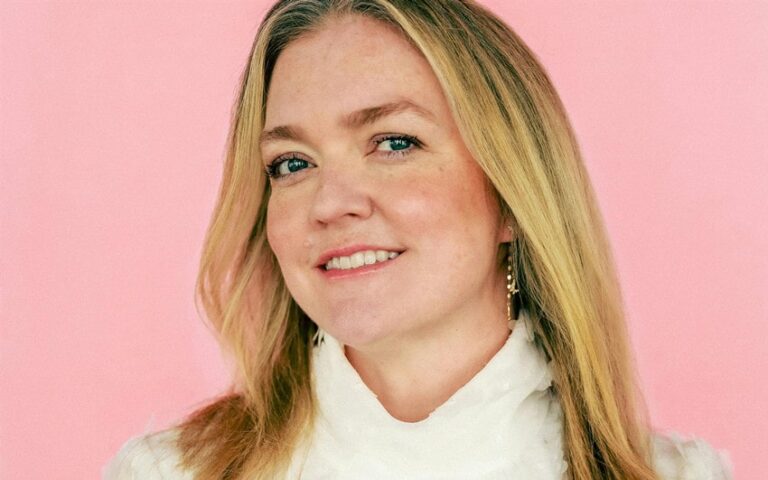Friedberg David’s Net Worth: How the Climate Tech Visionary Built Wealth
When you look into Friedberg David’s net worth, you’re not just tallying up startup exits and investment returns—you’re examining the story of a founder who bet on science, sustainability, and systems thinking. His path from Google to billion-dollar climate tech exits and influential media platforms tells you what’s possible when you combine deep curiosity with disciplined execution. Whether you’ve heard him on the All-In Podcast or followed his work in agtech, Friedberg’s fortune is rooted in much more than profit—it’s built on vision.
Who Is Friedberg David and Why Should You Know Him?
If you’re in the startup world, you’ve probably heard his name already. But if you haven’t, here’s the short version: David Friedberg is an entrepreneur, investor, and public thinker best known for founding The Climate Corporation, a company that was acquired by Monsanto for over $1 billion in 2013. Today, he’s the CEO of The Production Board (TPB), an investment and incubation firm focused on solving systemic problems in food, agriculture, and climate.
You may also know him as one of the four co-hosts of the All-In Podcast, alongside tech heavyweights Chamath Palihapitiya, Jason Calacanis, and David Sacks. On that show, Friedberg is often the scientific voice—methodical, fact-driven, and deeply passionate about the intersection of climate science and human systems.
But Friedberg’s impact extends beyond airtime or big exits. He represents a new kind of entrepreneur—one who chases planetary-scale problems, not just unicorn status.
The Climate Corporation: The Startup That Started It All
Friedberg’s defining career move—and the foundation for much of his current net worth—was founding a company called WeatherBill, later renamed The Climate Corporation. Originally launched in 2006, the company began as a platform to offer weather insurance to businesses whose revenue was heavily impacted by weather conditions—think farmers, ski resorts, and event planners.
But as the company evolved, Friedberg and his team narrowed their focus to agriculture. They realized that precision modeling of weather patterns could revolutionize how farmers plan their seasons, mitigate risk, and improve yields. They created a platform that combined insurance products with data analytics and predictive modeling for farms—essentially turning climate into code.
In 2013, this bold experiment paid off in a big way when Monsanto acquired The Climate Corporation for $1.1 billion. It was one of the largest agtech acquisitions in history at the time, and a clear signal that data-driven approaches to farming were no longer fringe—they were the future.
As founder and CEO, Friedberg likely walked away with a substantial equity payout from the deal. While exact figures haven’t been publicly disclosed, conservative estimates suggest that he could have netted anywhere from $100 million to $200 million from the acquisition alone, depending on his stake and any secondary sales prior to the deal.
Life After the Exit: From Founder to Investor
You might expect someone with a massive exit under their belt to retire early or take a long sabbatical. Not Friedberg. Instead, he doubled down on his mission to redesign how human systems interact with the planet.
Shortly after the Climate Corp sale, he launched The Production Board (TPB)—a venture foundry aimed at creating and investing in companies that address foundational challenges in food, agriculture, and climate. Unlike a typical venture capital firm, TPB builds companies from scratch, nurtures early-stage ideas, and often takes a hands-on operational role.
Among the companies TPB has incubated or backed are:
-
Pattern Ag – a soil DNA testing company focused on improving crop yield and reducing pesticide use
-
Ohalo Genetics – focused on CRISPR-based solutions for agricultural trait development
-
Ursa Major – a space tech company making rocket engines
-
Culture Biosciences – a platform for cloud-based bioreactor management
This portfolio shows you where Friedberg puts his capital: into scalable infrastructure for the future. He’s betting on ideas that most VCs consider too technical or too early, and it’s part of why his influence keeps growing, even if the headlines aren’t always about him.
His net worth has undoubtedly continued to expand through these ventures—especially if any of them reach large-scale adoption or acquisition. Unlike some tech founders who stick to software, Friedberg is investing in hard science and biology, where the real-world stakes—and financial upside—are enormous.
The All-In Podcast Effect and Public Persona
If you’re measuring public visibility, Friedberg has become exponentially more recognizable thanks to the All-In Podcast. Alongside fellow investors and tech founders, he co-hosts weekly discussions on business, geopolitics, science, and culture. Among the four hosts, Friedberg often plays the role of “the nerd” in the best possible way—he’s the one digging into climate models, biotech, or macroeconomics with the depth of a lecturer and the calm of a lab scientist.
This role has expanded his personal brand in ways that indirectly boost his net worth. Media presence leads to more speaking opportunities, advisory roles, and investment visibility. In the venture world, reputation is leverage—and Friedberg has earned a reputation as a thoughtful, no-BS thinker who’s playing the long game.
He may not be the loudest voice on the show, but he’s become a trusted source of clarity and conviction. And when founders are deciding who they want on their cap table—or when LPs are looking to back a fund—those attributes are worth real money.
Other Income Streams and Equity Plays
Beyond TPB and The Climate Corporation, Friedberg has his hands in a number of lesser-known equity positions. He’s an angel investor, a board member, and an advisor to several early-stage companies. While the specific financial terms of these relationships are private, it’s safe to assume that they represent millions of dollars in equity, potentially more as these startups scale.
He’s also likely earned additional income through:
-
Speaking engagements at climate summits, investor conferences, and university forums
-
Media rights and podcast revenue, especially now that All-In attracts millions of listeners
-
Intellectual property, particularly if he’s patented any of his scientific approaches or licensed tech from past ventures
And because Friedberg operates in industries where equity is often more valuable than cash, much of his wealth is likely illiquid—locked up in shares, not bank balances. But in terms of future value, those stakes could turn into substantial gains if even a handful of his bets pay off big.
So, What Is Friedberg David’s Net Worth Today?
It’s impossible to pinpoint an exact figure, but most estimates place Friedberg David’s net worth between $300 million and $400 million as of 2025. That includes the Climate Corp exit, his holdings in TPB, equity in startup ventures, podcast-related income, and a growing media footprint.
Some suggest the figure could be higher, especially if TPB’s portfolio companies achieve major exits in the next few years. What’s clear is that Friedberg is in the top tier of tech entrepreneurs—not because he chases hype, but because he consistently bets on big, systemic shifts before the rest of the world catches on.
And unlike some peers who move from one flashy startup to the next, Friedberg’s focus has remained steady: sustainability, food systems, and the long-term future of the planet. That kind of consistency doesn’t just make him wealthy—it makes him respected.
Featured Image Source: cnbc.com







